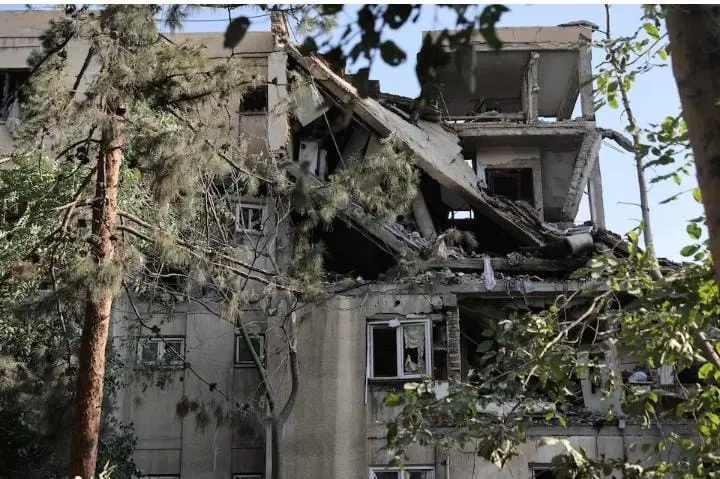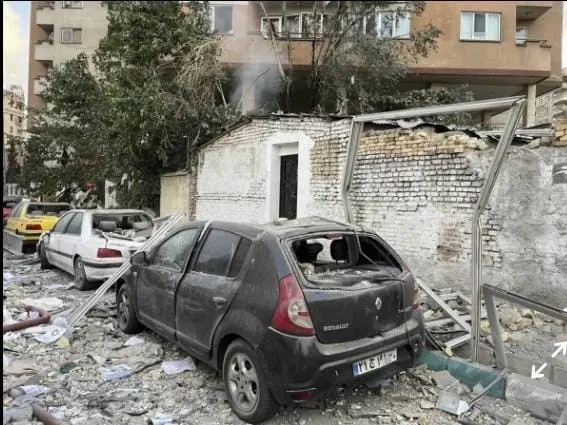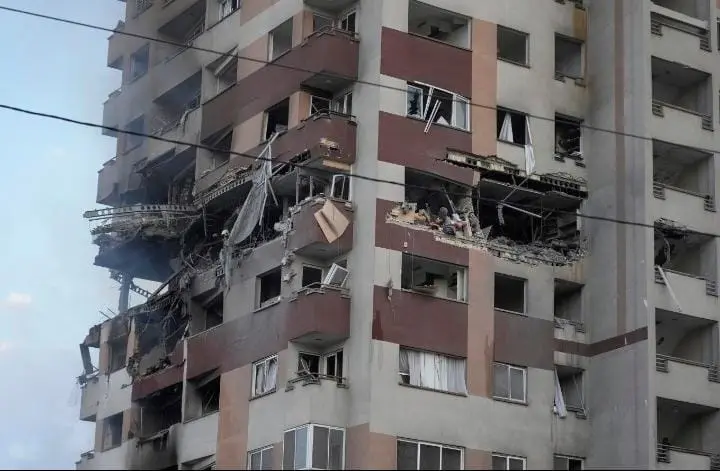

Overview
Tensions in the Middle East have once again escalated, with recent Israeli military strikes drawing global attention. The strikes—targeting areas in Gaza, southern Lebanon, and Syria—are part of an intensifying conflict driven by complex political, security, and humanitarian factors. As the situation evolves rapidly, understanding the context and impact of these strikes is crucial for anyone following international affairs, policy, or human rights.
What Prompted the Recent Strikes?
The latest round of violence was triggered by a mix of factors including rocket fire from militant groups, Israeli intelligence operations, and longstanding regional hostilities. Israel's government has cited national security and the need to respond to threats from Hamas, Hezbollah, and other armed groups as primary justifications for its actions.
Key points:
- Gaza: The Israeli Air Force has conducted airstrikes on what it calls Hamas military infrastructure in Gaza, following rocket launches into southern Israel.
- Lebanon: Strikes in southern Lebanon have targeted suspected Hezbollah positions, raising concerns about the conflict expanding beyond Gaza.
- Syria: Israel has also launched attacks on Iranian-linked targets in Syria, viewing them as a strategic threat due to Tehran’s influence in the region.
KISLAY
Humanitarian Impact
While Israel maintains that its operations are targeted and proportionate, the humanitarian toll continues to rise. Civilians, including women and children, have been caught in the crossfire, with significant damage reported to homes, hospitals, and infrastructure.
According to international aid agencies:
- Hundreds of civilians have been killed or injured.
- Displacement numbers are climbing, particularly in Gaza and southern Lebanon.
- Access to medical care, electricity, and clean water is being severely disrupted.
International Reactions
Global response has been mixed. Some Western allies of Israel, including the United States, have reaffirmed Israel’s right to self-defense, while also calling for restraint. Other nations, including several in the Middle East and Europe, have condemned the strikes as disproportionate and urged immediate de-escalation.
The United Nations has called for ceasefires, humanitarian corridors, and the protection of civilians. Diplomats continue to push for negotiations, though no breakthrough has yet been achieved.
The Broader Geopolitical Landscape
These events are not occurring in isolation. The region remains a complex web of alliances and rivalries involving Iran, the U.S., Russia, and multiple non-state actors. Any escalation has the potential to trigger wider instability, particularly if cross-border fighting intensifies.
This also comes at a time of political uncertainty within Israel itself, with internal protests and governmental challenges shaping its strategic decisions.
Conclusion
As Israel continues its military operations, and as militant responses persist, the world watches with a mix of anxiety and urgency. The human cost of this conflict is growing, and international leaders face mounting pressure to broker peace before the situation worsens further.
For readers seeking up-to-date information, we recommend following trusted news sources, international organizations, and statements from humanitarian agencies.
Stay informed. Stay engaged.
[TrendsToday] will continue to provide updates and analysis as this situation unfolds.
